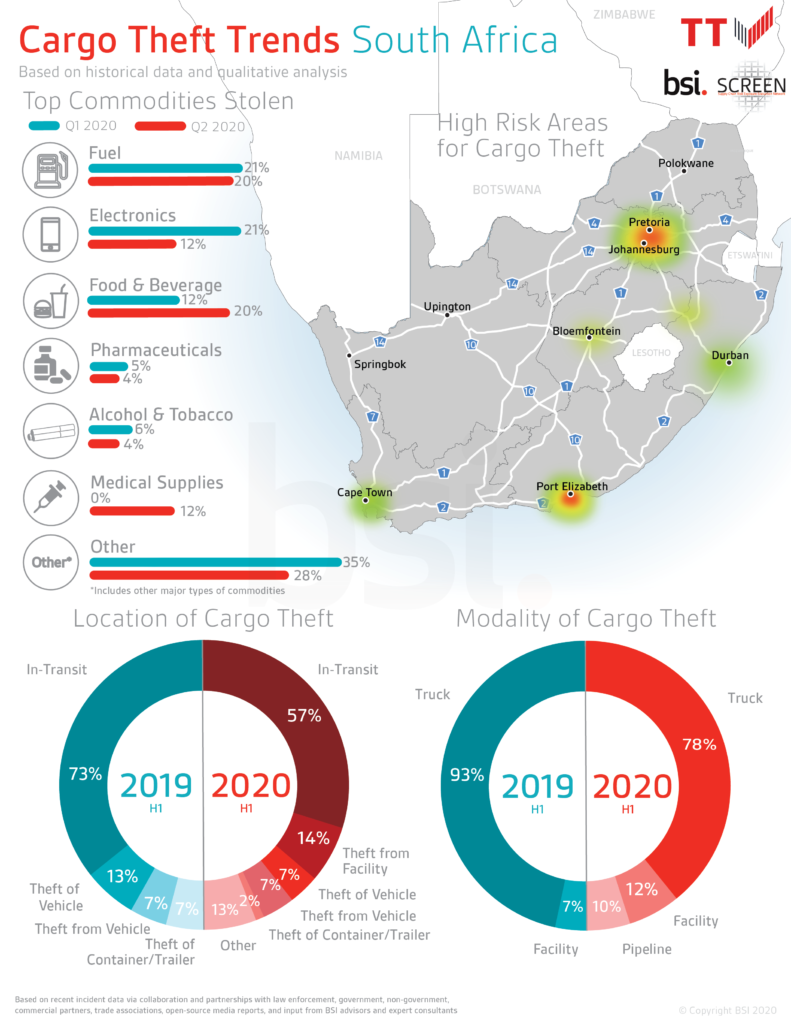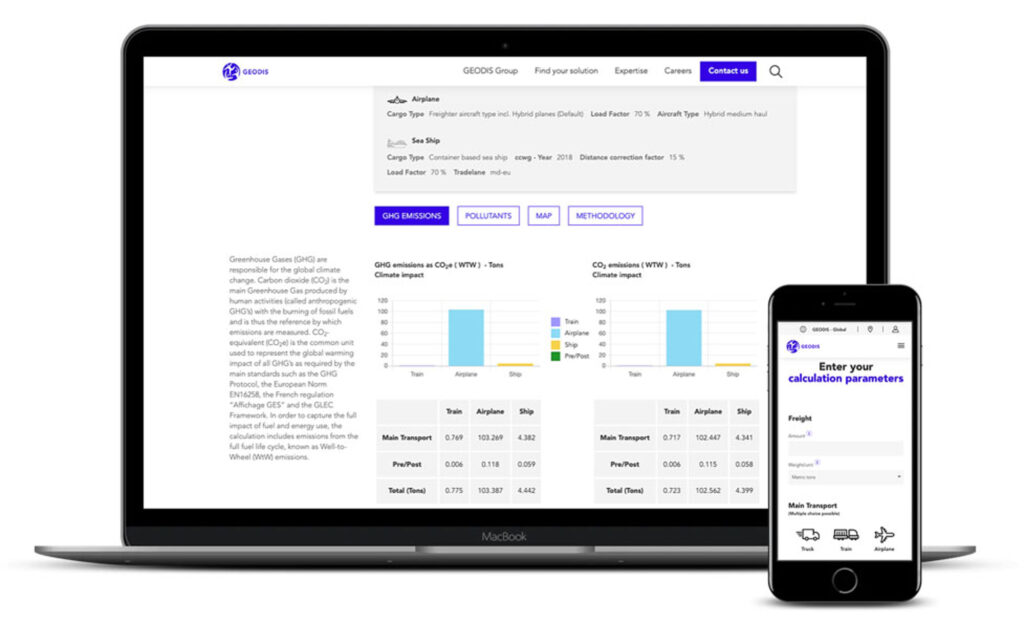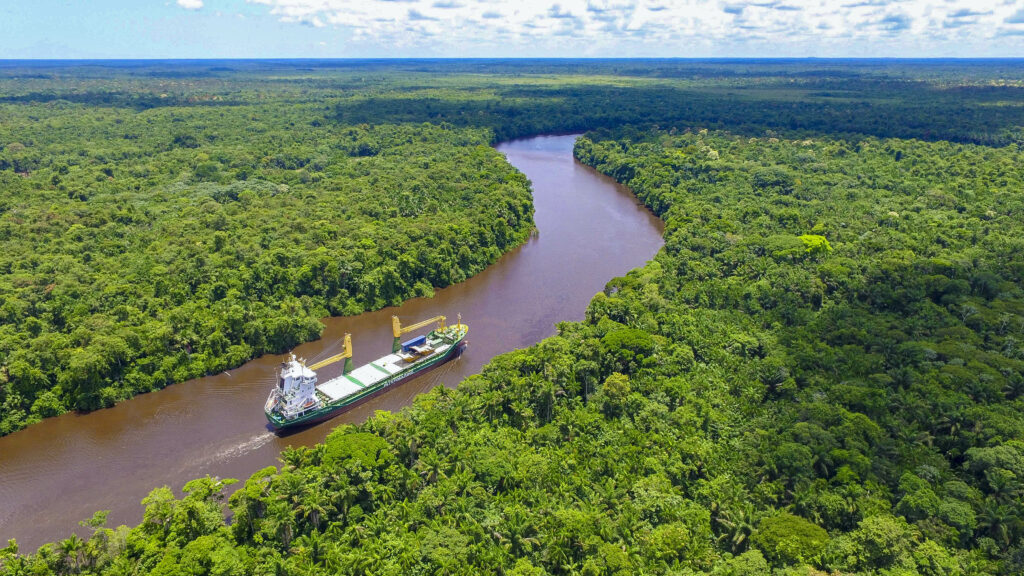New report highlights country’s ongoing vulnerability to cargo theft as well as the trends during the first half of 2020. These include:
- Hijacking of vehicles in transit is the primary theft type
- Theft from facilities is on the rise
- Johannesburg and surrounding province remain chief region at risk
- An uptick in incidents of cargo theft in Eastern and Western Cape
- Food and beverages and medical supplies have seen an elevated number of thefts in Q2
London, 13October 2020
Having collaborated over the last three years to produce global reports on the incidence of cargo theft, international freight transport insurer TT Club and BSI, the business improvement company, have once again come together to highlight risk; this time, specifically focusing in on South Africa. The report, entitled ‘Freight Crime in South African Supply Chains’ is made possible by fusing the threat and intelligence data and analysis from BSI’s Supply Chain Risk Exposure Evaluation Network (SCREEN) and TT Club’s insurance risk management and loss prevention insights. The full report is downloadable here .
South Africa ranks among the top countries in the world, and first on the African continent, for BSI’s forecasted losses due to cargo theft, underscoring the significant economic impact of this issue in the nation. Historically, there is an inverse relationship between crime and economic growth in South Africa. However, this year, due to the COVID-19 pandemic and the impacts of lockdowns and a decline in the economy, an additional layer was added to that relationship.
The economic decline, along with the changes brought about by a restrictive lockdown in response to COVID-19 earlier this year, left the freight sector in a vulnerable situation. South Africa is an environment traditionally characterised by cargo truck hijackings. Further, cross-border truck congestion and slower freight clearance created secondary disruptions that leave cargo even more susceptible to theft and general violence.

The attached graphic – Cargo Theft Trends South Africa – illustrates statistics from both the South African Police Service (SAPS) and news sources, in addition to those recorded by BSI’s SCREEN, and underlines the typical characteristics of cargo thefts occurring in the country. In total, three key trends resulted from BSI and TT’s research in 2019 and 2020: thefts from facilities increased during the first half of 2020; an uptick in incidents of cargo theft occurred in Eastern Cape and Western Cape between the first two quarters of 2020; and thefts of food and beverage and medical supplies increased in Q2 2020. The report’s authors emphasise that the understanding of cargo theft risk plays a big part in mitigating both the occurrence and impact of these incidents on stakeholders’ organisations and is crucial in building a truly resilient supply chain.
Mike Yarwood, TT Club’s Loss Prevention Managing Director stated, “As cargo theft continues to impact business operations and disrupt supply chains in South Africa and elsewhere, it is vital that companies stay on top of potential threats and risks. Security awareness and proactive risk management actions are essential steps in creating a risk-averse supply chain. In highlighting causal influences this report also points the way to how preventative measures can, and must, be introduced and enhanced to reverse the damaging trends.”
David Fairnie, BSI Principal Consultant for Supply Chain Security added, “Understanding the threats in South Africa, detailed in this report, and incorporating the suggested preventative measures, including screening employees, implementing security management systems, and securing parking depots, will help organisations work towards developing more secure and resilient supply chains.”
ENDS
About TT Club
TT Club is the established market-leading independent provider of mutual insurance and related risk management services to the international transport and logistics industry. TT Club’s primary objective is to help make the industry safer and more secure. Founded in 1968, the Club has more than 1100 Members, spanning container owners and operators, ports and terminals, and logistics companies, working across maritime, road, rail, and air. TT Club is renowned for its high-quality service, in-depth industry knowledge and enduring Member loyalty. It retains more than 93% of its Members with a third of its entire membership having chosen to insure with the Club for 20 years or more.
About BSI:
BSI is the business improvement company that enables organizations to turn standards of best practice into habits of excellence. For over a century BSI has championed what good looks like and driven best practice in organizations around the world. Working with over 84,000 clients across 193 countries, it is a truly international business with skills and experience across a number of sectors including automotive, aerospace, built environment, food, and healthcare. Through its expertise in Standards Development and Knowledge Solutions, Assurance and Professional Services, BSI improves business performance to help clients grow sustainably, manage risk and ultimately be more resilient.
To learn more, please visit: www.bsigroup.com
BSI SCREEN Intelligence:
Supply Chain Risk Exposure Evaluation Network (SCREEN), is BSI’s web-based, comprehensive global supply chain intelligence system. SCREEN is the most complete, publicly available Supply Chain Security, Corporate Social Responsibility, Food Safety/Fraud, and Business Continuity intelligence and analysis resource used to measure country-level risk factors through BSI’s 25 proprietary country-level supply chain risk ratings. SCREEN’s unique, proprietary global supply chain risk data and analysis helps organisations identify and understand where their supply chain risks exist. SCREEN generates trade interruption updates, BSI-authored special reports on major disruption incidents and trends as well as insights and analyses on supply chain topics, countermeasure programs, and risk mitigation best practices to help protect supply chains worldwide. SCREEN’s intelligence provides organisations with full transparency of country risks and helps them to make intelligent risk-based decisions that drive resilience.











